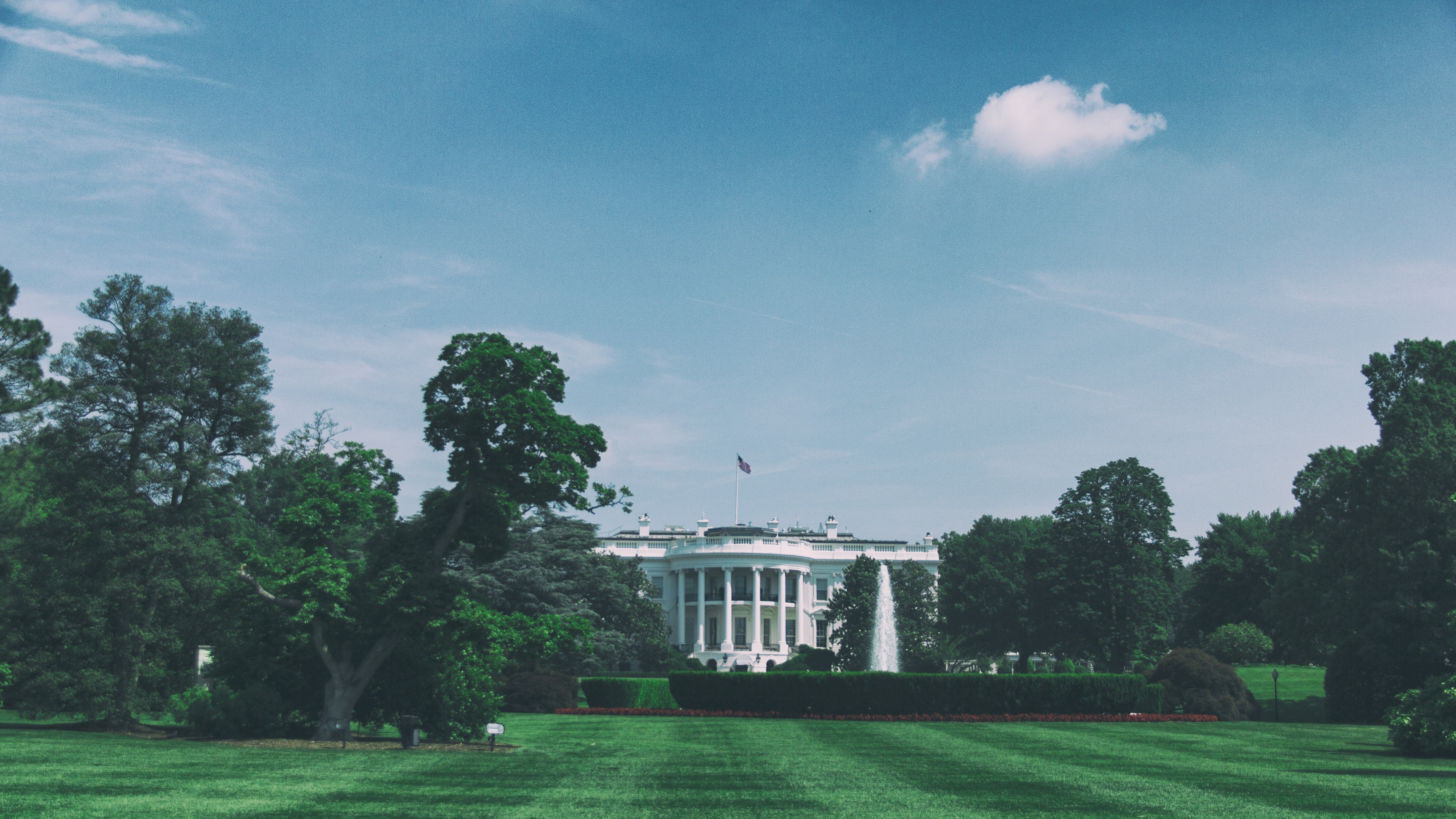 A radiation therapy center based in Lancaster agreed to pay $3 million to the federal government to resolve a claim that it committed healthcare fraud for close to 10 years. A qui tam suit based on the federal False Claims Act, filed by former employee Jared Shindler, alleged that Valley Tumor Medical Group submitted fraudulent bills to the federal Medicare, Medi-Cal, and TRICARE programs between Jan. 3, 2006 through Nov. 13, 2015. According to the whistleblower suit, radiation oncology treatments were provided to patients at Valley Tumor’s Ridgecrest location when no physicians were on site, which is required by federal law.
A radiation therapy center based in Lancaster agreed to pay $3 million to the federal government to resolve a claim that it committed healthcare fraud for close to 10 years. A qui tam suit based on the federal False Claims Act, filed by former employee Jared Shindler, alleged that Valley Tumor Medical Group submitted fraudulent bills to the federal Medicare, Medi-Cal, and TRICARE programs between Jan. 3, 2006 through Nov. 13, 2015. According to the whistleblower suit, radiation oncology treatments were provided to patients at Valley Tumor’s Ridgecrest location when no physicians were on site, which is required by federal law.
The Case Was Made Public April 20
While the lawsuit was filed in 2015, it was only recently unsealed. That is because qui tam cases are filed under seal so that the government has time to investigate the claim and determine whether to join the suit as a party or decline to join. During this time, the lawsuit must remain a secret from the public, including the defendant. If the relator or government leaks information about the existence of the suit, there can repercussions such as fines or the dismissal of the suit.
 Healthcare Fraud Lawyer Blog
Healthcare Fraud Lawyer Blog











